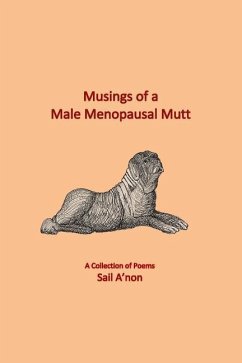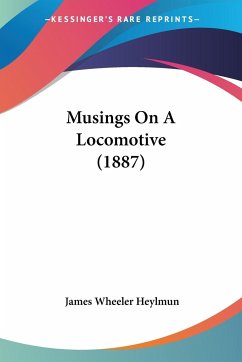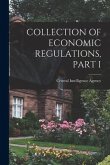These poems were composed for the first time as blog entries under the title "Kahve Chronicles: Rats and Berries." They are musings of a mutt, a Mastiff crossed with a Kangal, about life, survival, and relationship with humans -- mostly Greek Philosophers, who in the end believe that our hero must be scrutinized at a "kangaroo court," by judges that consist of: Descartes, Cicero, Occam, Oedipus, and Alexander Dumas. Kahve's grave sin appears to be misleading his students who pay good money to attend a newly designated Ivy League university.
Hinweis: Dieser Artikel kann nur an eine deutsche Lieferadresse ausgeliefert werden.
Hinweis: Dieser Artikel kann nur an eine deutsche Lieferadresse ausgeliefert werden.








